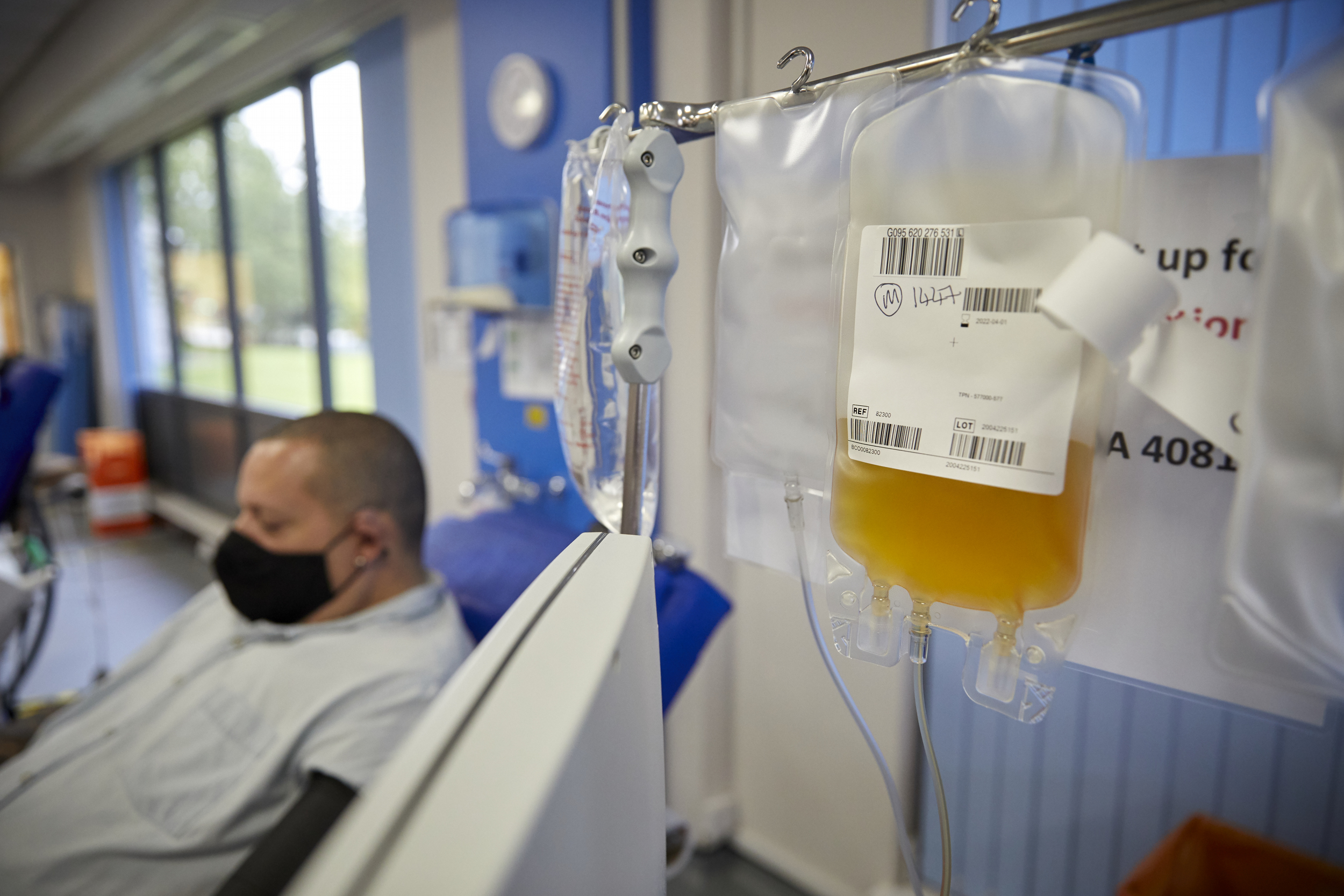
We’ll also screen you to ensure you can qualify for the donation process.
If you have concerns about your ability to donate plasma, consult your healthcare provider before donating. Long-term plasma donation can increase the risk of protein deficiency, that's why we check your levels regularly. Requirements to Donate Plasma Current, valid photo ID (must be 18 years old) Proof of your Social Security number Proof of current address (such as a piece. Compliance Policy Regarding Blood and Blood Component Donation Suitability, Donor Eligibility and Source Plasma Quarantine Hold Requirements Draft Guidance for Industry 5/2022. Be sure to check in with your healthcare provider to monitor your immunoglobulin levels if you’re a frequent plasma donor. For donors who donate frequently over long periods of time there is a risk of reduced immunoglobulin levels, which can lower the ability to fight off infections. There’s no risk of iron depletion or anemia for regular plasma donors. In terms of long-term side effects, donating plasma has a very minimal long-term impact on your well-being. Many of these side effects can be avoided by proper donation preparation. If this occurs, contact your CSL Plasma center. After donation, you may experience pain, swelling, or a feeling of warmth where we inserted the needle. Female donors+ must be at least 19 years old, at least 55' tall and weigh at least 150 lbs. Male donors+ must be at least 17 years old in most states, at least 51' tall and weigh at least 130 lbs. You must be in good health and feeling well. Infection or inflammation at the puncture site. Donation frequency: Every 112 days, up to 3 times/year 2 times/year for male donors under age 18. Speak with a CSL Plasma staff member if you feel uncomfortable Bruising or discomfort: some bruising can occur at the puncture site, and you may experience some discomfort during or after the donation process. You will need to visit a plasma collection center to determine if you are eligible to donate. When anaemia gets severe, a transfusion of red cells may help your low red blood cell count and haemoglobin. Donor safety, as well as the safety of the therapies made from plasma donations is of primary importance. on rare occasions a transfusion may be required. Fatigue: if you experience dehydration or electrolyte imbalances, this can cause tiredness. Discover how you can give blood, plasma or platelets, and book your next donation. That’s why drinking plenty of water before you donate makes for a smoother donation. 
Dizziness or lightheadedness: because plasma contains a lot of water, donating plasma means removing some water from your body, which can cause mild dehydration.Here’s what you may experience in the short term: Although donating plasma is considered safe you may experience an adverse reaction.

Medical conditions that affect eligibility Eligibility criteria: alphabetical.Īmerican Red Cross. FDA considerations regarding frequent plasma collection proceduresĪmerican Red Cross. Patient education: blood donation and transfusion (beyond the basics).
#REQUIREMENTS TO DONATE PLASMA TRIAL#
Efficiency and safety of varying the frequency of whole blood donation (INTERVAL): a randomised trial of 45 000 donors. Give plasma.ĭi Angelantonio E, Thompson SG, Kaptoge S, et al. The process for giving plasma, step-by-step.ĭepartment of Health and Human Services. Types of blood donation.ĭepartment of Health and Human Services.

The importance of plasma in blood.Īmerican Blood Cross. Blood donation process.Īmerican Red Cross.







 0 kommentar(er)
0 kommentar(er)
